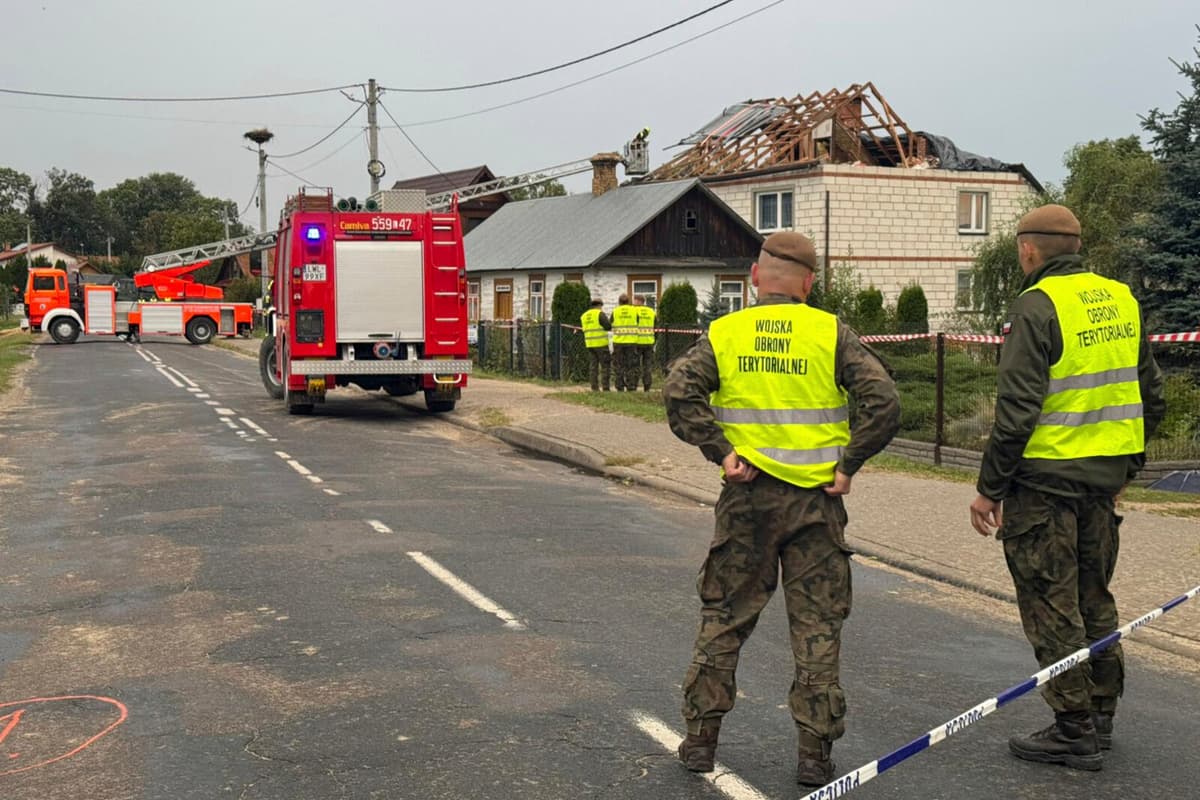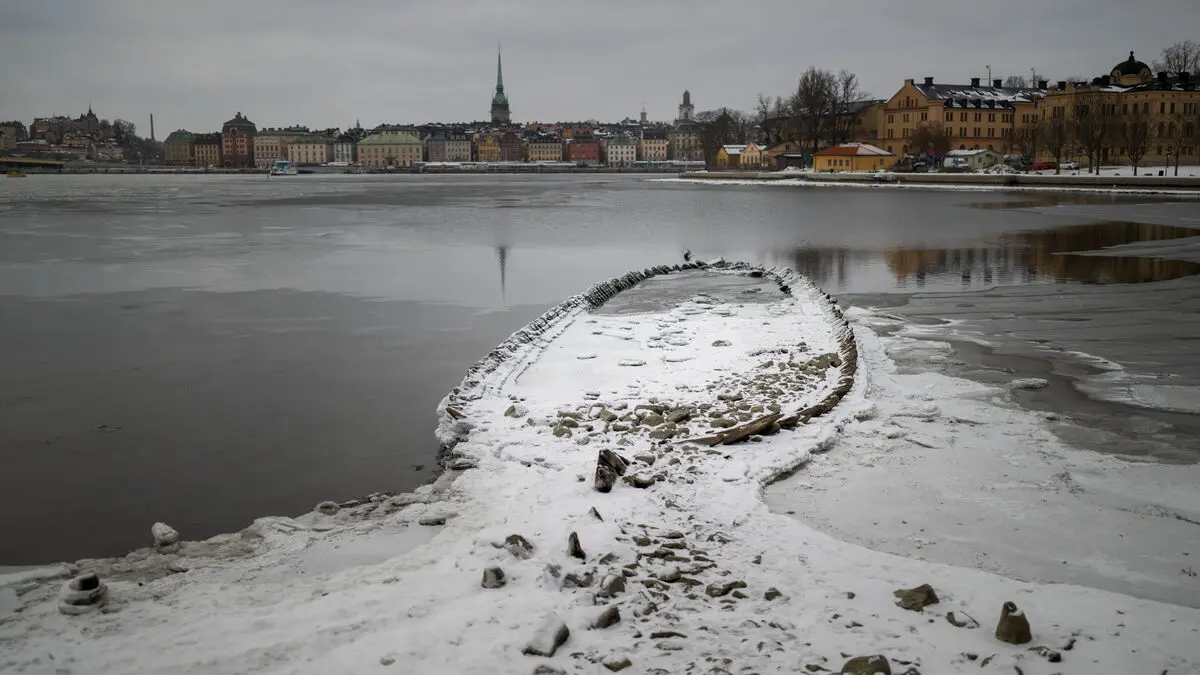The target for the Russian drones was a military base in Poland, according to NATO sources for the German newspaper Der Spiegel. Peter Haldén, lecturer and university lecturer in war science at the National Defence University, emphasizes that all information right now is quite loose, but he does not think that Russia thought that the drones would reach the target, considering the number of drones sent there.
It's a bit like hitting in the air against someone. You won't hit, but it will scare. Because if you really wanted to destroy something on the ground, you would have had significantly more drones in the air, he says.
Political signals
One can get different effects with military means. Partly that one destroys things, but one can also give political signals.
This is not a particularly unusual behavior from Russia, says Peter Haldén. To act in order to test the consequences.
It can be a test of military capability – how quickly do the planes get up in the air? What do they do concretely? But then it's also a test of political or strategic will and capability, he says.
”Super dangerous road”
Now the question is how the military alliance NATO will respond – with something similar or with something completely different? A harder response would mean an escalation.
To give a harder response is a super dangerous road to take. But to do nothing is neither good nor likely.






